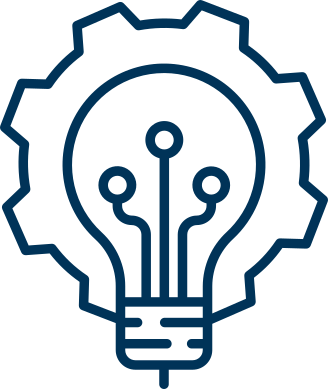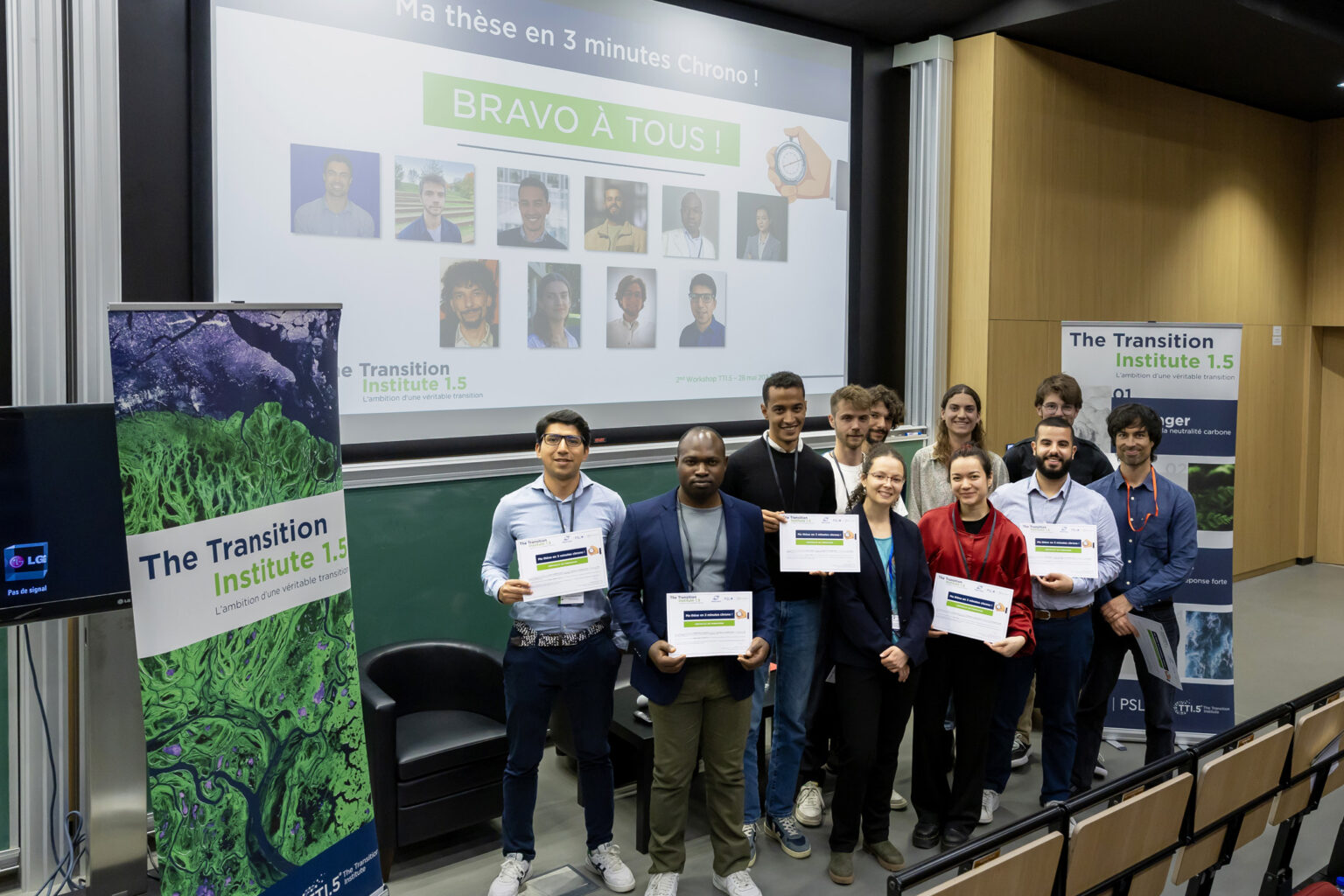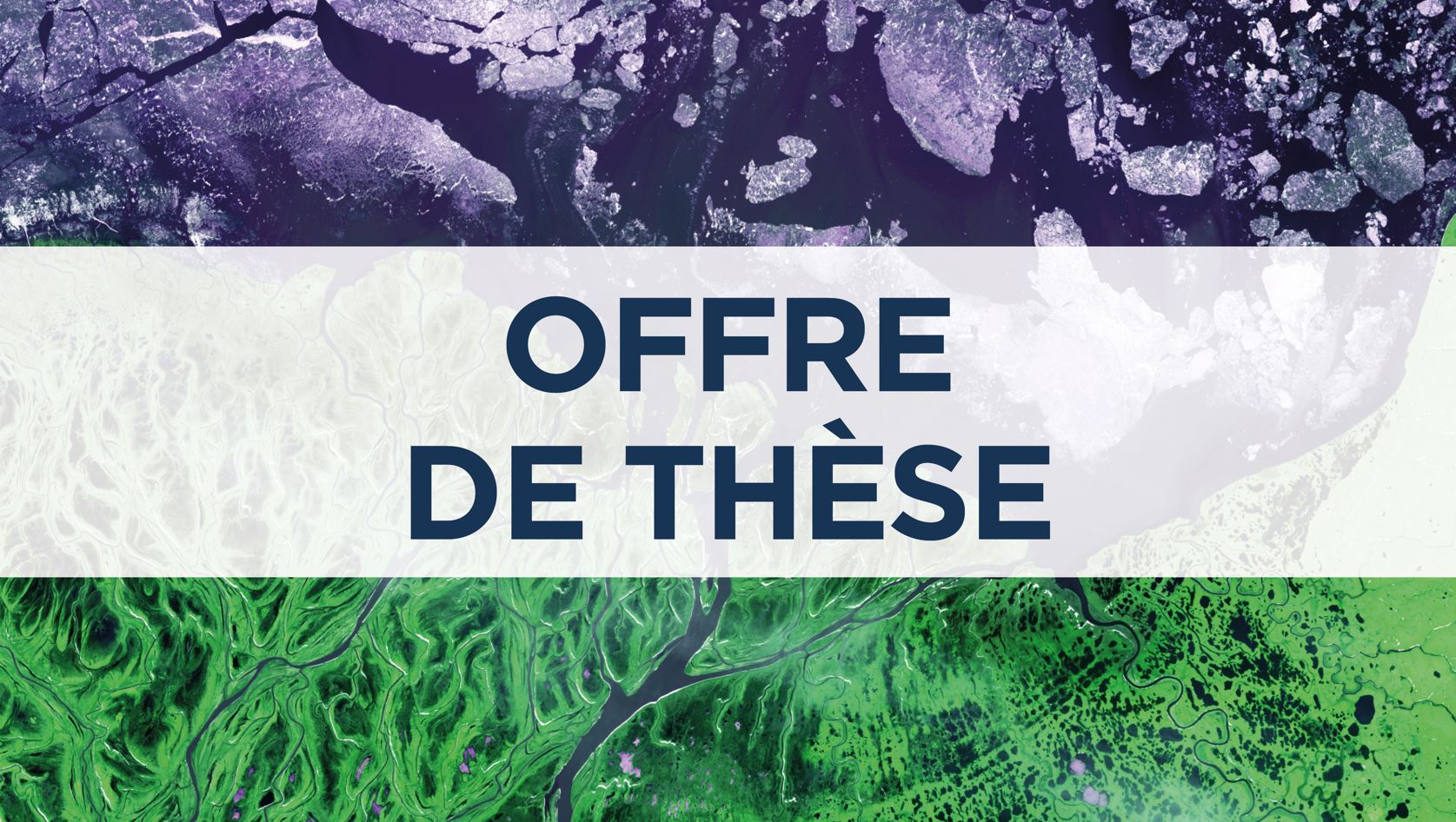The Transition
Institute 1.5
The Transition Institute 1.5 (TTI.5), with its name echoing the IPCC’s target of limiting global temperature rise to 1.5°C, is an initiative launched by Mines Paris – PSL with the support of its Foundation. Dedicated to the design of the transition, the Institute aims to provide scientifically informed solutions to the major challenge of climate change, focusing on issues related to adaptation, mitigation, and biodiversity.
Latest news
An ambitious
research program
Axis 1
The transition design
Axis 2
An electric planet?
Axis 3
The inclusive planet
Axis 4
The planet as an area of influence
Axis 5
The living planet
divided into…
A systemic
vision
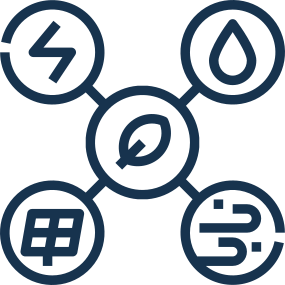
Vectors and resources

Spatiality and pace of implementation
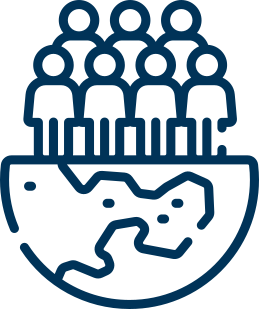
Lifestyle and society

Systems operation and flexibility

Governance regulation and institutionnal conditions

Externalities and environmental impacts

Cost and financial engineering
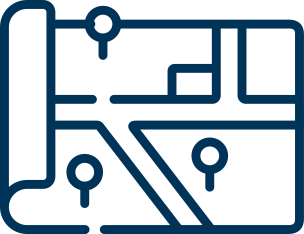
Land-use management
